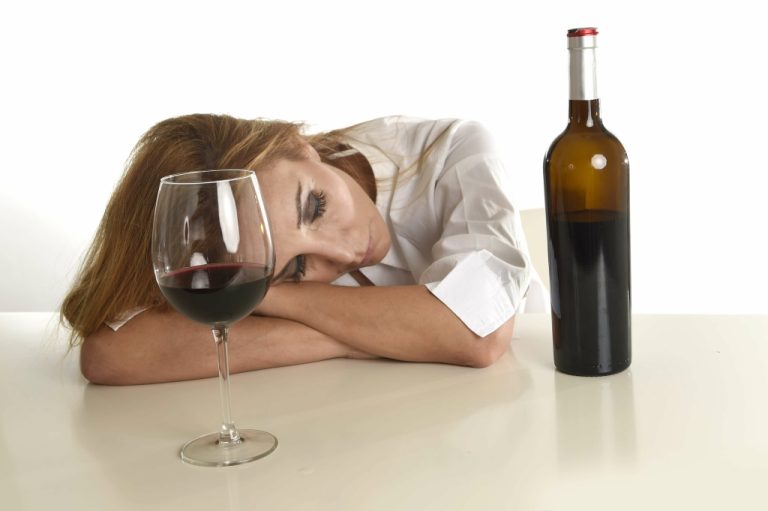Posted on Thursday, October, 20th, 2022 in Announcements.
Content
Being born and raised in Gaithersburg, Maryland, it was always a dream for James to start a program where he began his own recovery journey. Having faced addiction in his own life, and having worked through recovery, James truly understands what it takes to get sober and stay sober. James now has the opportunity to do what he loves and help others achieve long-term recovery. James works alongside the clinical director and administrative team to help ensure that every client benefits from a customized treatment plan and holistic approach that offers freedom from the grips of addiction. The first step of AA says, “We admitted we were powerless over alcohol and that our lives had become unmanageable.” Admitting powerlessness over alcohol is the foundation of your recovery. If you still believe that you have some sort of control over your drinking, you will drink again. Once you relinquish control, you are well on your way to mastering step one.
This is a common question asked by people who are new in their recovery journey. There is often confusion about whether being powerless is a positive or a negative thing. In this article, we will discuss what the term “powerless” means in AA. Cravings powerless over alcohol can become very strong for a person who has an addiction to alcohol. The brain’s function and the person’s physical health are affected. The brain controls our movements, thoughts, critical thinking, coordination, speech, and walking.
Whether you are attempting to get sober for the first time or you are returning to sobriety after a relapse, it can be scary or embarrassing to admit that you are unable to stop drinking on your own. Some AA meetings give all participants a chance to speak. Before speaking, the participant is required to state his or her first name and say that he or she is an alcoholic. When you follow this format, you are participating in Step 1 and admit to the group that you may be struggling with alcohol addiction. Control is a mechanism that substance use disorder sufferers love to utilize. We think that everything will be okay or will go our way if people would just listen to us.
Her primary focus is to provide all clients with a safe, structured environment while coordinating their care. Alexandra understands addiction from both familial and personal standpoints, as she is active in her own recovery. Alexandra is a mother, a daughter, a sister, a friend and has learned the value of recovery and succeeding in whatever she sets her mind to.
These include reducing isolation, providing a support system, and witnessing the healing of others. I’m not going to dive into the medical explanation of why alcoholics are powerless over alcohol.
Admitting you are powerless over alcohol, drugs or a behavior means accepting the fact that you have an addiction that exerts tremendous power and control over your life. Despite your best intentions, you’ve lost the ability to limit your intake of alcohol or drugs or stop the behavior. Most examples of powerlessness in sobriety have to do with admitting that you cannot change your behaviors on your own. Getting help from others at a treatment facility and in peer recovery groups can benefit your sobriety.
As addiction begins to overtake your life, you lie to yourself about what is happening. Unfortunately, many cannot shatter that illusion until they hit rock bottom and are confronted with undeniable proof that everything is not okay. Only then do they feel that powerlessness that comes from addiction.
Alcoholism contributes to many physical and mental health issues, and even death. I’ll just have one or maybe two; I can drink just one more day then stop, I’ll just smoke marijuana that’s not that bad, or I’ll only drink on the weekends, etc. How many times have we had these kinds of thoughts and believed them? Because https://ecosoberhouse.com/ we are unable to produce these desired effects. Let’s face it when we control it, we’re not enjoying it, and when we’re enjoying it, we’re not controlling it. John C. Umhau, MD, MPH, CPE is board-certified in addiction medicine and preventative medicine. He is the medical director at Alcohol Recovery Medicine.
Acceptance includes taking responsibility for our actions and accepting that we cannot change what has happened in the past. It’s not easy to admit this, but if we don’t accept that we are powerless, then we won’t be able to move forward. Recovery is a journey that can seem intimidating if you’re just beginning, but in AA, you just have to take it one step at a time. Asking for help seems like such a simple concept, but admitting powerlessness is a humbling, courageous act. In recovery, we learn that it takes far more strength to surrender and admit powerlessness than it does to try to control addiction by ourselves. Most recovering addicts, especially those who attend the 12-step program, are pretty familiar with the concept of powerlessness. After all, helplessness isn’t a concept that solely applies to addiction, although it might be the first step to recovery and sobriety.

We are not meant to go through this life alone and we need other people so we can be healthy, strong and independent. If you are struggling with addiction to alcohol, drugs or a combination of substances, you don’t have to deal with your problems alone. We’re available to talk 24 hours a day, and we offer a wide variety of science-based treatment programs. You aren’t powerless when it comes to entering treatment or a recovery program. You aren’t powerless when it comes to choosing not to drink or use drugs. But you are, however, powerless when substances are in your body.